Sara Davis Buechner on Being a Transgender Concert Pianist
The Acclaimed Musician Talks About Piano, Performing in Japan, and How Coming Out Saved Her Life
As she approaches her sixth decade of playing the piano, Sara Davis Buechner remains as passionate as ever about the instrument she loves. While speaking with Sara in her home in Philadelphia, with a laugh she says she can never retire; music is in her soul and it should be shared.
It’s not surprising to learn that when the critically acclaimed concert pianist is not performing across the globe, she is avidly supporting future generations: teaching budding musicians at Temple University, presenting masterclasses, and judging international piano competitions.
In addition to extensive touring in South America, Europe, and Asia, Sara has performed in every state and province of North America as a chamber musician and soloist for top orchestras, including the New York Philharmonic and San Francisco Symphony. Her technical ability, creative flair, and intuitive genius showcased in her performances has been lauded by the New York Times and Washington Post, and she recently celebrated 30 years as a Yamaha Artist in 2017.
Sara frequently visits Japan to spend time in her Japanese wife’s hometown and to perform for the New Japan Philharmonic, but she is preparing to return to Tokyo this month for one of her most ambitious projects yet: performing all 21 of Wolfgang Amadeus Mozart’s piano concertos with the Tokyo Sinfonia over the course of eight concerts. This is a feat that has never before been attempted by one artist.
As a prominent figure in music and proud transgender woman, Sara also appears at LGBTQ events to speak about her experience transitioning from David to Sara Davis, at age 39. Feeling trapped but obligated to play the part of David, Sara felt herself depressed and suicidal—until she found the strength to become who she was always meant to be.
We caught up with Sara to find out more about her passion for the piano, her musical journey, her upcoming challenge in Japan, and how she feels about her gender transition today.
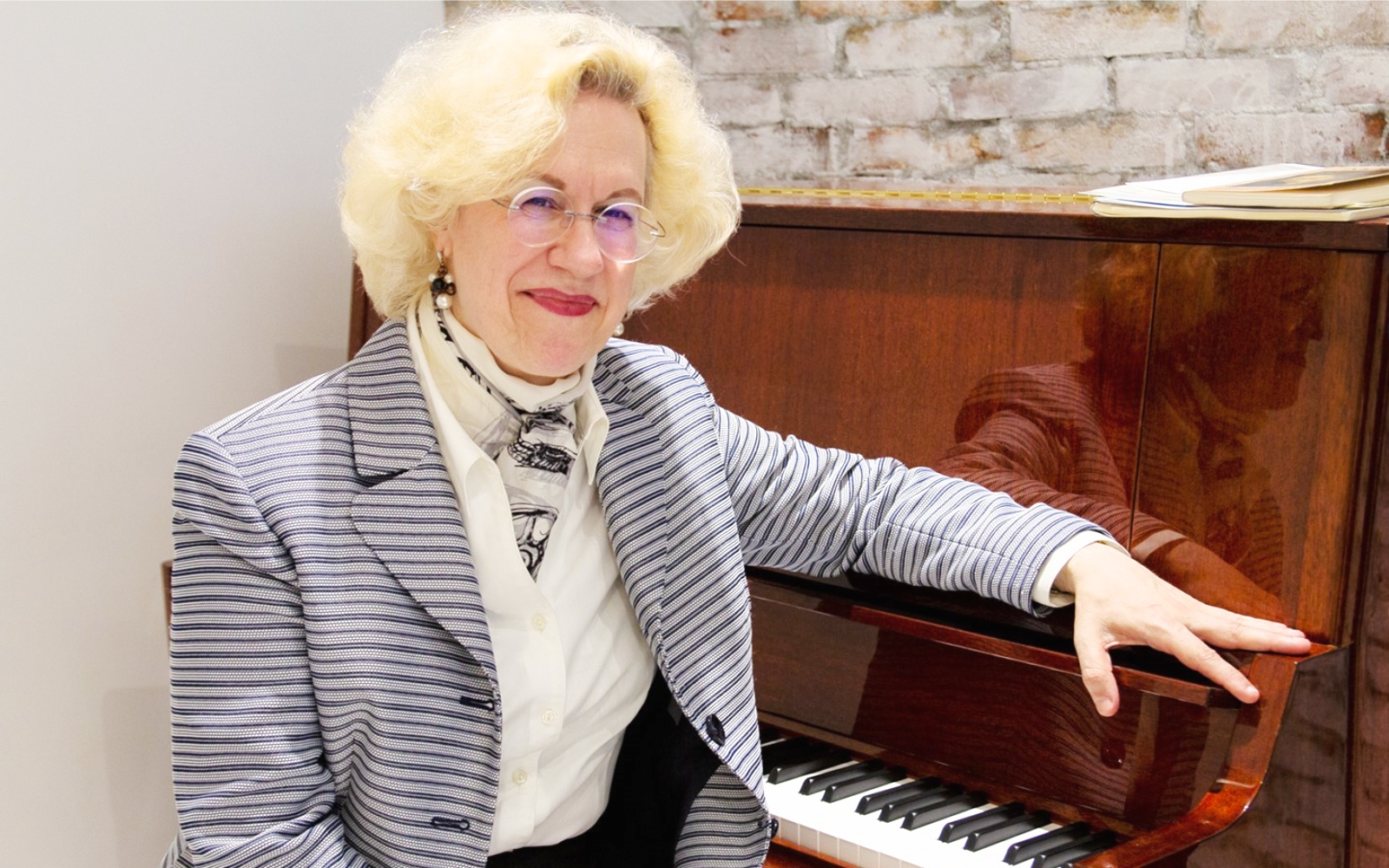
What attracted you to music?
Music is not something that you choose, it chooses you. I started taking piano lessons when I was three or four years old because I was very drawn to the radio. My mother had seen me walking over to it to listen to certain songs. There was an afternoon show that always started with Mozart’s Marriage of Figaro. I remember the music was very exciting; I vibrated with it and it awakened something fundamental inside of me, like a heartbeat. The vitality and liveliness of it was calling me to action.
When did you first consider a career as a pianist?
I never had a question about whether I wanted to do it or not—it was something I just had to do. I was simply fortunate to have enough talent to succeed.
When I turned 11 or 12, I realized the difference between playing piano for fun and doing it on a world-class level. My teacher entered me in local piano competitions to test my mettle; I played Beethoven, Chopin, and Mozart but it wasn’t enough to practice just once a day. I was practicing three, four, even five hours a day and began to develop the concentration and discipline it took to sit at the piano for that long. There were times when I wasn’t happy rehearsing that much piano, but I realized it was something I had to do because it was something I wanted to do. It’s like being a tennis pro, you may have an excellent overhead smash, but you still need to practice it for eight hours a day.
Do you ever play the piano for fun now?
Never! (laughs) It’s funny—lots of people ask me that. On stage, I’m having fun, but I live with classical music in my head 24/7; I can’t ever escape it. Even if I’m walking down the street or going to the bank, the tunes are bouncing around, so that’s not fun or relaxing.
So, what do you do to unwind?
If I’m home and feel like listening to music, I’ll listen to jazz—big band stuff in the 30s and 40s—because it’s enjoyable. Often times, I’m watching American or Japanese baseball or other sports. Plenty of other musicians think that’s very strange, but to me, that’s a total distraction. It takes my head away from executing turns in Beethoven to how to hit a 95-mile-an-hour fastball.
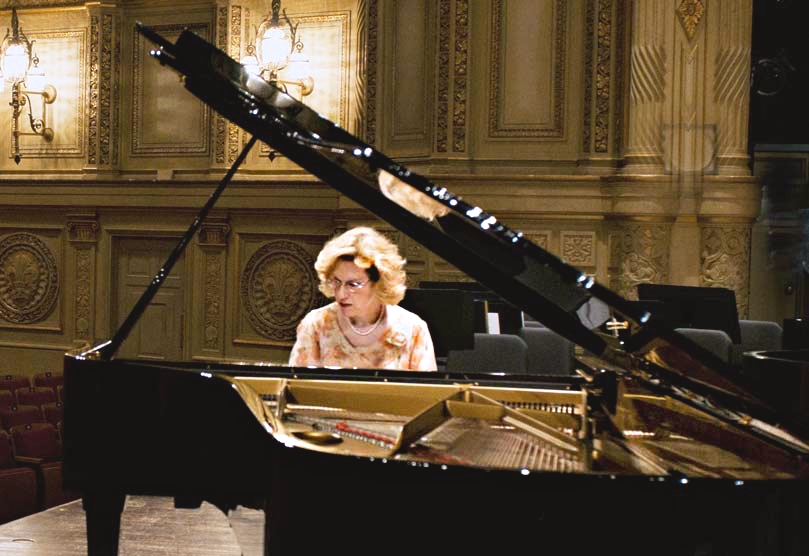
What challenges have you faced on your journey?
When I graduated in my mid-twenties from the Juilliard School in New York City, I had a few good concerts, but I didn’t have concert management and certainly didn’t have a slate of engagements so I started to teach 6- and 7-year-olds in the neighborhood how to play the piano, just as my own teacher had done. I was a little upset and disappointed. I thought; ‘All that Juilliard training down the drain; what am I doing with my life?’ I took part in piano competitions abroad and played at funerals and bar mitzvahs. I had to do many practical things in order to make my way in music.
I now realize after all these years, how very important it is to teach 6- and 7-year-olds how to play the piano: when you teach about the beauty of creation, you are changing the world, one small pair of hands at a time. There is nothing more important than that.
What advice would you give budding musicians?
I’ve realized it’s not possible to tell any musician how to make their way. But what I will say is, if you love music, the most important thing is to be absolutely devoted to it. You have to be adaptable and prepared to make great sacrifices.
Why is music so important?
In philosophical terms, I ask my students, “Do you think this world needs more accountants, lawyers, dentists, or doctors?” And they’ll say, “No, there are a lot of them.” So I ask, “Do you think this world would benefit if we had more dancers, singers, actors, painters, poets, people of creative brilliance and people who play beautiful music?” And hopefully, they’ll say “Yes, we’re short on that!” We need more people who inspire the human spirit and make this world a better place.
What excites you about your next performance?
To play all 21 piano concertos of Wolfgang Mozart is an undertaking similar to playing the lead in all of Shakespeare’s dramas. It’s a very compelling project and one that most pianists don’t do because it’s such a massive volume of music. The Mozart Marathon involves surveying the life’s work of Mozart, a composer I have particularly loved since childhood. He wrote the concertos for himself and always intended for them to be something he would play.
What can the audience expect?
You can trace Mozart’s entire life through the concertos. He started to write them in his teens and continued until the last months of his life. You can hear how his style changes and evolves; it’s like reliving his life when you play. Unlike Chopin’s concertos where the orchestra plays quietly in the background, the orchestra parts in Mozart’s concertos are symphonic so it will be delightful for everyone who is playing—and listening.
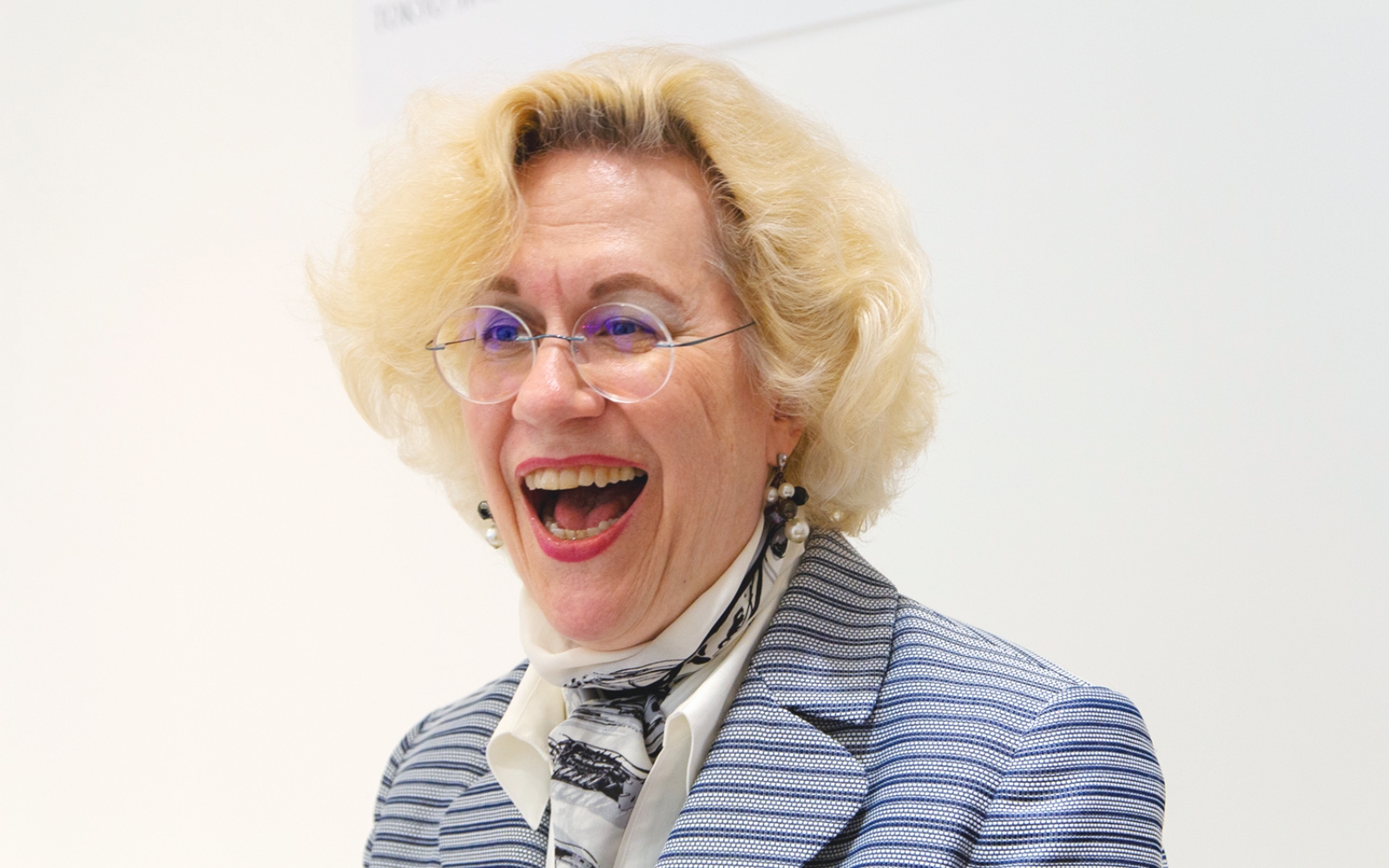
Can you share a little about your gender transition?
Gender transition is crucial to my entire life. My mid to late thirties was the first time in my life—largely because of the internet which was new at the time—I had the ability to read about myself in terms of gender. Before that, I was pretty ignorant. I think most of my struggle is similar to that of gay folks growing up in small towns; they have no access to information and are shielded from everything.
When I came to grips with my gender, I found that the definition of who I am as a human being was no different than who I am when I’m playing Mozart. Whether you’re on stage or in the privacy of your own home, you have to be expressive of who you are, not of someone you are pretending to be. A large part of me felt like I was expected to play a certain role, but I was very unhappy playing it. When I did finally come out of the closet, it was more than liberating. It saved my life. I wouldn’t be talking to you today if I hadn’t been able to do that.
What will improve awareness about transgender people?
I think people have to understand that, for transgender people, feeling at peace with their gender is as essential as eating every day. If you’re severely allergic to red meat to the point where it could kill you, but you’re forced to eat it every day, the end result is not going to be a happy one. There is still, amongst young transgender people, a very high rate of suicide; I tried it myself as well. It’s crucial that this is better understood. And it should be more than tolerated—that’s a word I hate—it should be fully accepted.
It’s always intrigued me that in Japan, there has been a more widely ranged understanding of the spectrum of human sexuality. I remember turning on the TV and seeing these totally androgynous people who were somewhat accepted and celebrated in the popular entertainment sphere of television but, at the same time, there is no marriage equality but rather a plethora of murky legal issues here.
Savvy Spotlight is a monthly feature introducing foreign and Japanese women at the frontline of what’s successful, contributing, cool, unique and interesting in the city. If you have anyone in mind you would like us to interview, leave us a comment below with your recommendations!

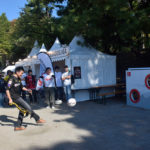












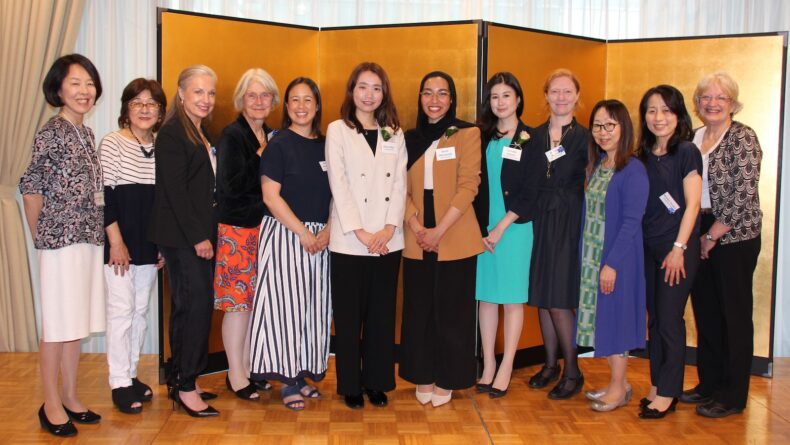
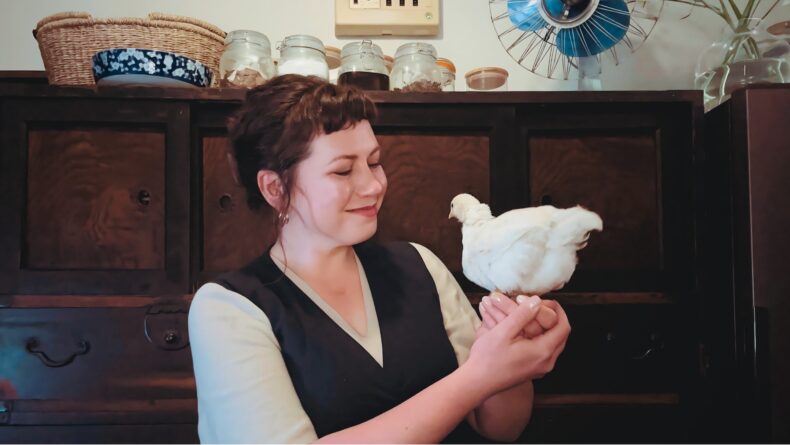
Leave a Reply